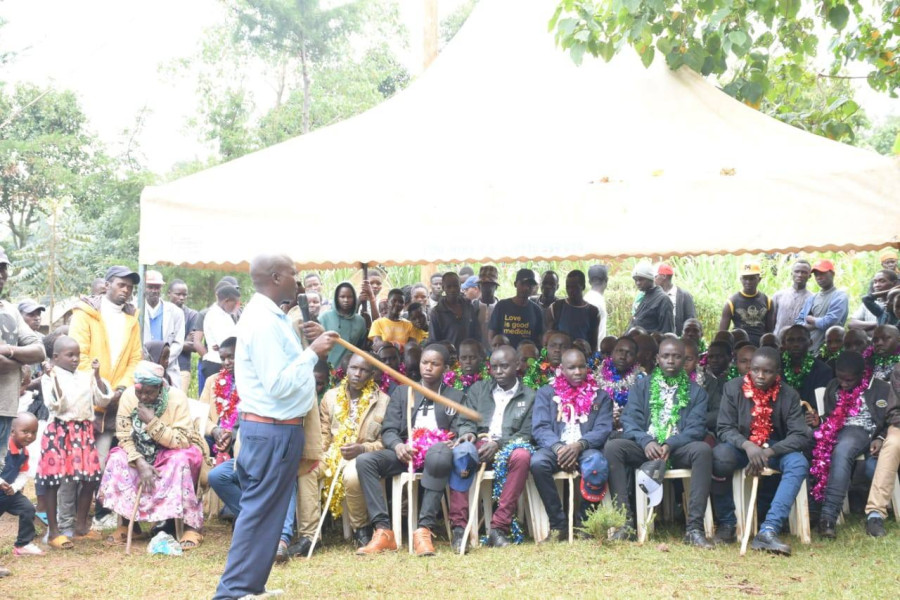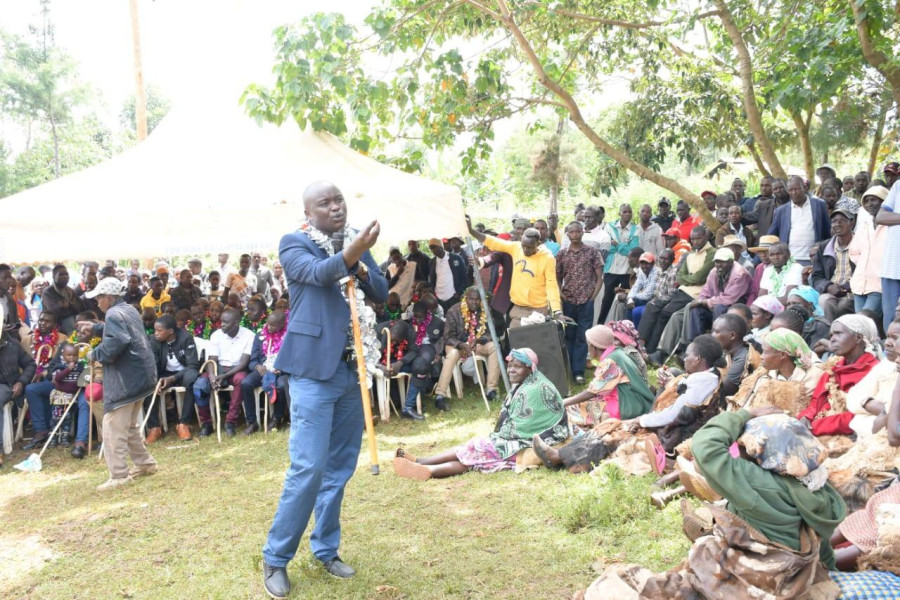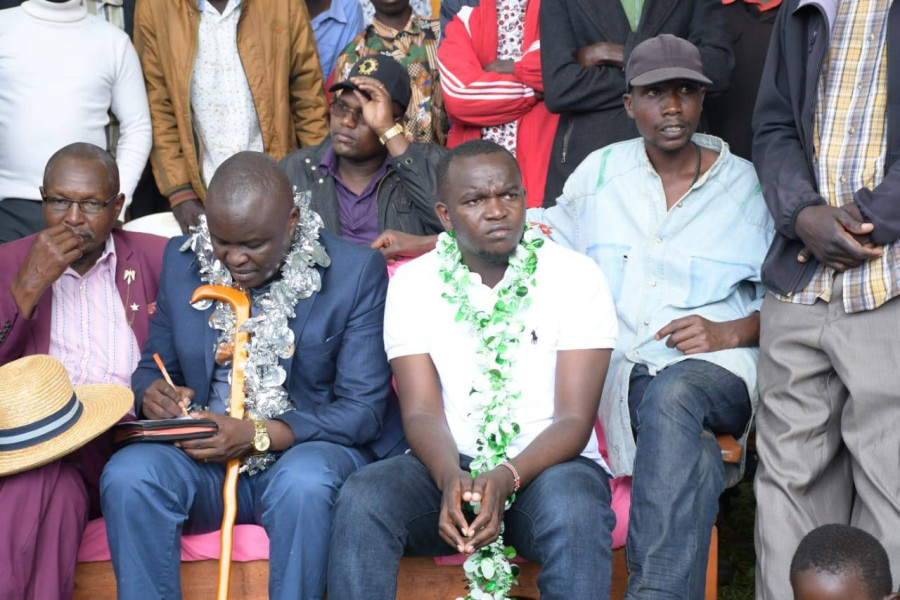Transforming Tradition: Bridging the Gap Between Kipkaa Initiation and Modern Values



Yesterday marked a momentous occasion as 56 young men graduated into manhood at the pass-out ceremony in Kimasas. This event prompted a reflection on the age-old "kipkaa" initiation, sparking a new conversation that challenges the perceived dichotomy between traditional rites and contemporary values.
The assertion that there is no difference between the traditional "kipkaa" initiation and the modern "church one" may seem radical at first, but it invites a paradigm shift. Embracing the idea that Kipkaa initiation is inherently godly lays the foundation for a harmonious fusion of biblical principles with the cultural significance of the initiation.
Upon closer inspection, the symbolism embedded in the kipkaa initiation process aligns with biblical narratives. By acknowledging these parallels, we can emphasize the spiritual and moral aspects of the initiation, making it more relevant to contemporary society. The kipkaa ceremony becomes a vessel through which biblical principles are imparted, offering a unique and enriching experience for the newest murenik.
To adapt the initiation ceremony to the modern world, the role of mentors, or matirenik, needs a redefinition. Instead of adhering strictly to traditional roles, the focus should shift towards individuals who can shape the mindset of murenik toward successful and purposeful paths. Doctors, engineers, professors, successful businessmen, farmers, and pilots emerge as mentors who can provide valuable guidance in navigating the challenges of the modern world.
The proposed changes aim not to dilute the deep-rooted Nandi culture but to evolve it to meet the demands of the contemporary era. Embracing modern professions as mentors does not undermine the essence of the initiation ceremony but strengthens its relevance in a rapidly changing world.
While ushering in these changes, it is essential to remain committed to preserving the core values of the Nandi initiation ceremony. The fusion of biblical principles and modern mentorship should complement, not overshadow, the rich cultural heritage that defines the community.
As we wish the newest murenik on the block well, we embark on a journey to transform tradition and bridge the gap between the old and the new. The fusion of Kipkaa initiation with biblical principles and modern mentorship reflects an earnest effort to adapt, evolve, and ensure the continued significance of Nandi cultural practices in the face of a changing world.
